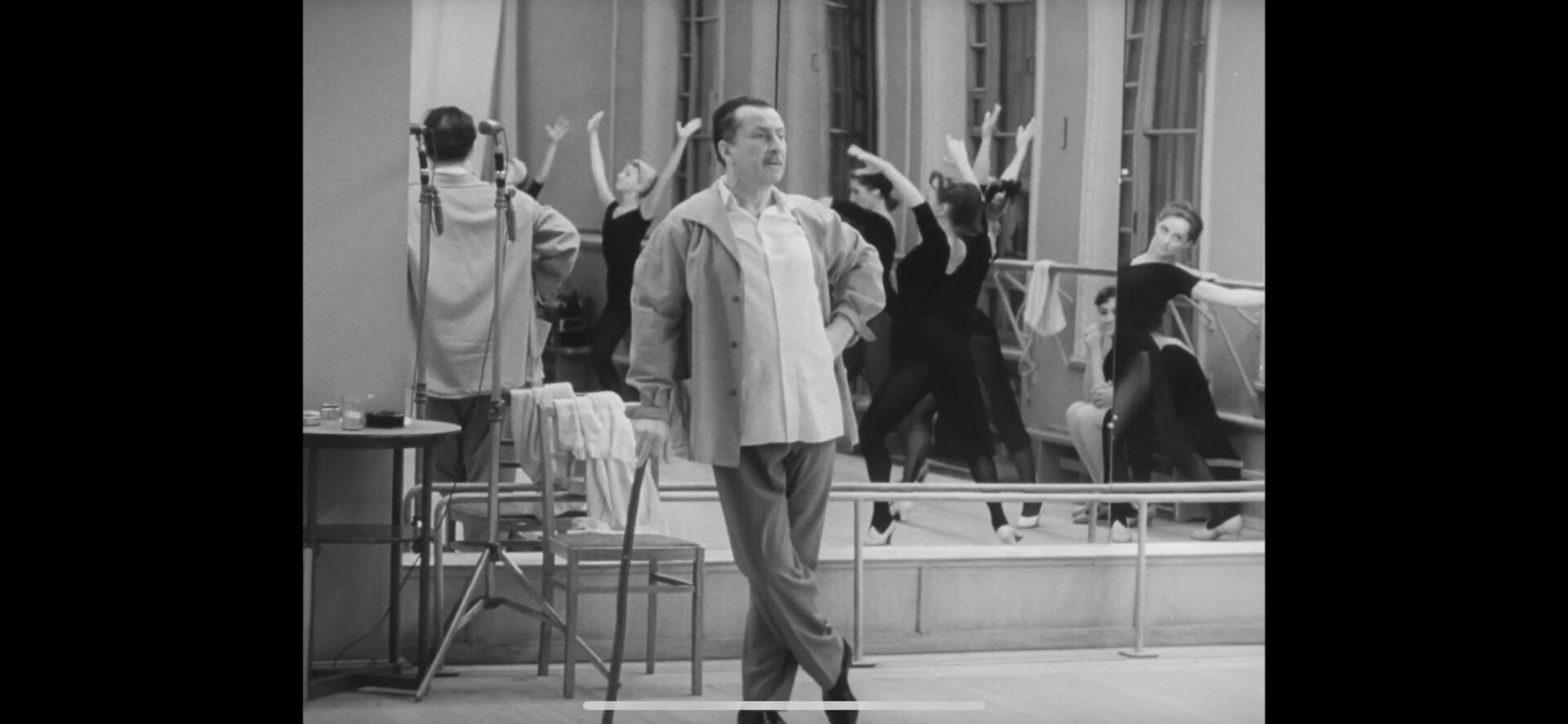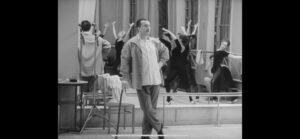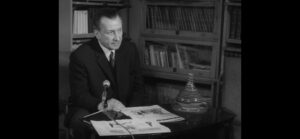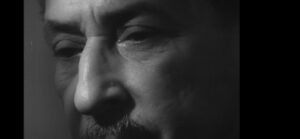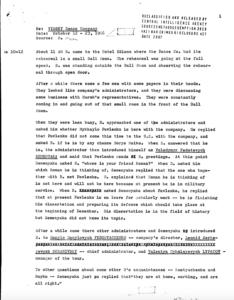While working on the new version of our film about Pavlo Virsky, we discovered unique documents declassified in 2007.
They preserve his voice — short, sharp, sometimes bitter phrases that reveal his personality and the atmosphere of the time, reflecting the mentality of the Soviet intelligentsia: compromises, self-censorship, the game between sincerity and safety.
This is essentially a “living portrait” of Pavlo Pavlovych Virsky in the mid-1960s, captured through the eyes of an émigré and recorded by intelligence structures.
On one hand, he shows genuine interest in Ukrainian history and culture, asking for books by Hrushevsky, Yavornytsky, Avramenko, valuing émigré creativity, and seeking out the journal Suchasnist.
On the other hand, he is embedded in the Soviet system and forced to justify its restrictions: condemning “political additions” (as in the book Broken Strings), avoiding the topic of repressions, and defending the Party line.
This duality is a characteristic portrait of the Soviet intellectual, especially the leader of a large ensemble: inwardly aware of the value of Ukrainian culture, yet outwardly obliged to reject “dangerous” formulations so as not to harm himself or his dancers.
Yet Virsky is also a “bridge” between Ukraine and the diaspora. He clearly reaches for dialogue: accepts books, agrees on the need for cultural exchange, acknowledges the estrangement between Ukraine and the émigrés as a problem. And at the same time — he feels hurt: “I was not congratulated on my birthday,” “we are not valued, we are picketed.” This reveals his personal vulnerability and desire for recognition.
His political judgments are cautious. He speaks loyally of Party leaders, careful not to delve into sharp topics. The diaspora for him is both an enemy and a potential ally.
The value of this document lies in the fact that it:
— shows Virsky outside official rhetoric — in private conversations, with humor, grievances, sympathies;
— captures his reading, his circle of interests, his attitude toward books and authors;
— provides rare evidence of how Soviet artists interacted with the diaspora under KGB supervision.
Here are his words:
— “This book could stand on my desk. But this subtitle makes it impossible.”
— “The further we go, the more estranged we become from each other.”
— “I was proud and told my friends I would be congratulated by Ukrainians abroad. But I was wrong.”
— “The invasion of Czechoslovakia complicated all of Europe for us. I feared the Paris tour would be canceled.”
— “Sobor caused a storm. The book was withdrawn from sale, but none were burned. A new edition is being prepared: either Honchar will make changes himself, or they will be cut out.”
— “This is not the time for an interview.”
— “A brother should greet a brother as a Ukrainian greets a Ukrainian.”
— “We have broken the ice.”
These testimonies will become part of the new version of the film.
We will present Pavlo Virsky not only as the creator of the ensemble and a genius of dance, but also as a man who had to live and speak in an era where every word carried a price.
#PavloVirsky #Virsky #ecgproductionscanada #UkrainianDance #UkrainianCulture #HistoryOfUkraine #Declassified #ColdWarHistory #SovietUnion #KGB #ArtAndFreedom #UkrainianDiaspora #DanceLegend #HiddenHistory


